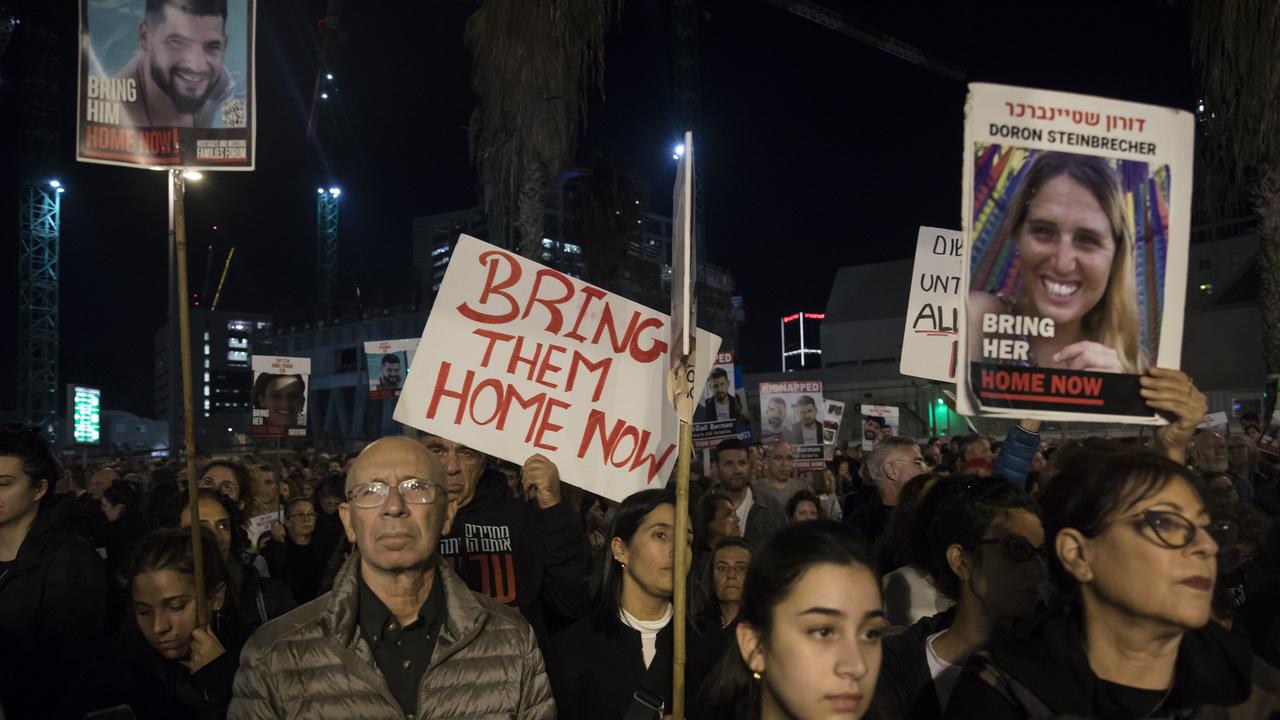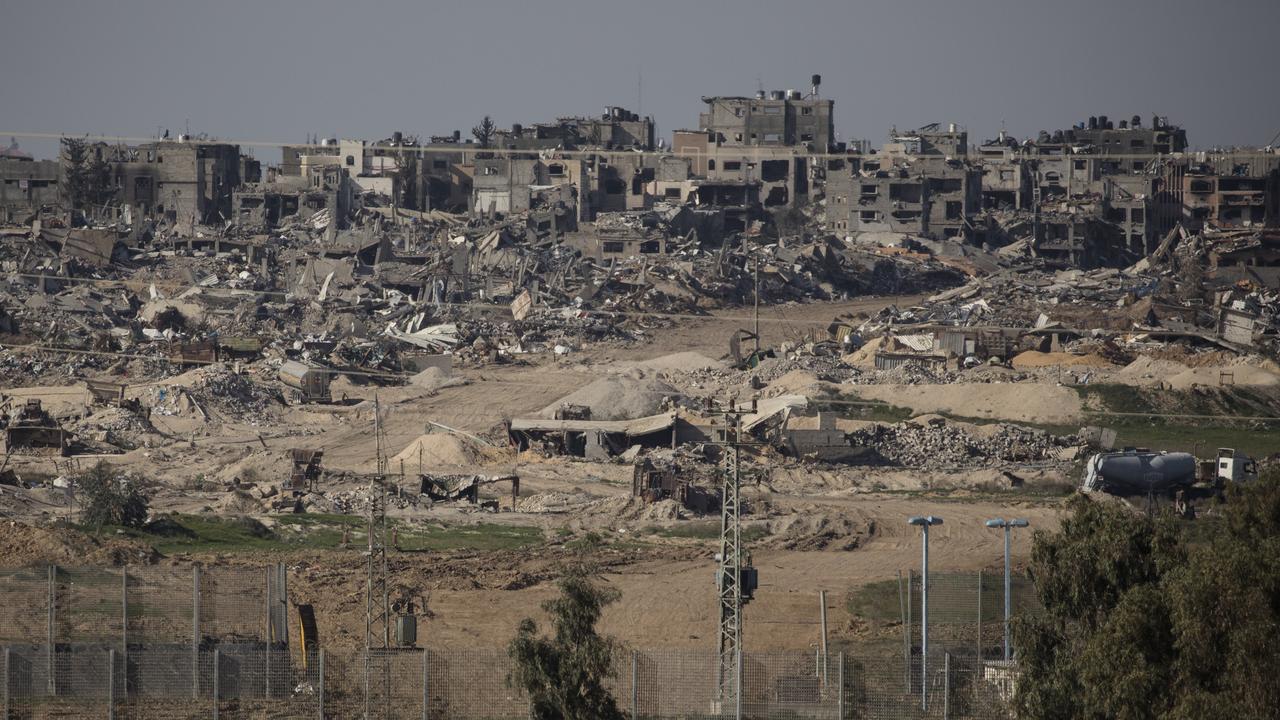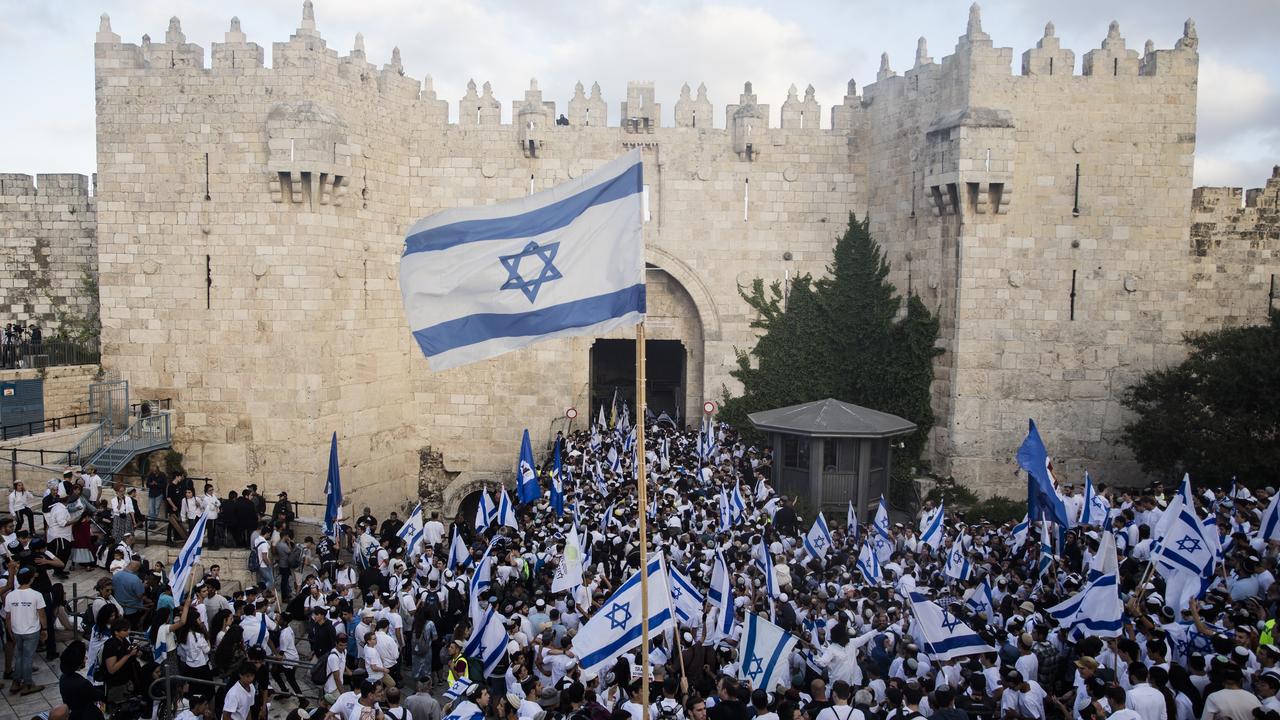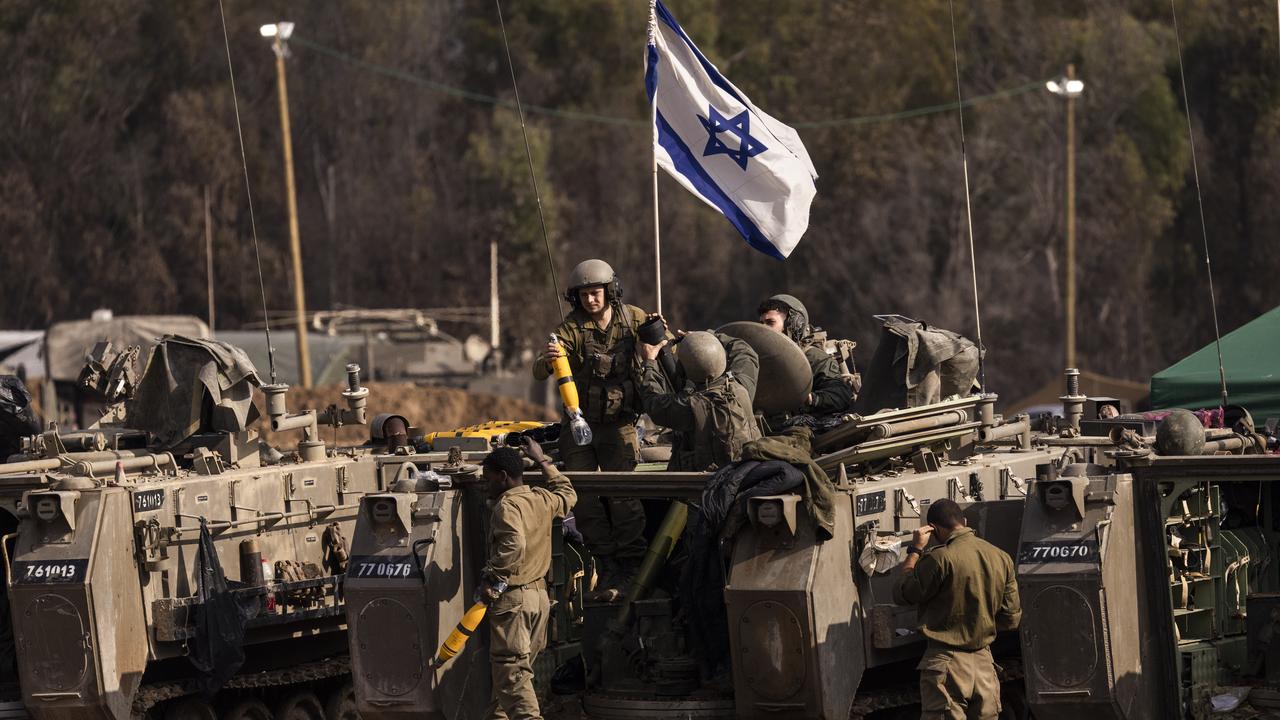
This article is more than
2 year oldSouth Africa filed the case against Israel before the UN’s top court, which settles disputes between states, in December, alleging Israel’s offensive in Gaza amounted to state-led genocide as defined by the UN’s genocide convention.
The genocide convention prohibits “acts committed with intent to destroy, in whole or in part, a national, ethnical, racial or religious group”, including killing members of that group, causing serious bodily or metal harm and preventing births.

Israel’s offensive followed unprecedented attacks by the Palestinian terror group Hamas on October 7 last year, in which 1200 people were killed.
Lawyers for South Africa alleged in their opening arguments that Israel’s bombing campaign amounted to the “destruction of Palestinian life” and had pushed people to the brink of famine.
Israel, meanwhile, dismissed the allegations as “grossly distorted”, arguing it has a right to defend itself and is targeting Hamas rather than Palestinians as a whole.

Israel ordered to prevent genocide
On Friday, the ICJ handed down its interim ruling — a ruling designed not to deal with the core accusation of the case, whether genocide has occurred, but instead with whether urgent interventions are needed.
The court demanded Israel take action on four counts but stopped short of ordering a ceasefire.
Israel was ordered to “take all measures within its power” to prevent acts of genocide in Gaza.
Judge Joan E Donoghue, speaking in The Hague in the Netherlands, said Israel must ensure “with immediate effect” that its forces do not commit any such acts.
Israel was also ordered to improve the humanitarian situation in Gaza.
It was ordered to take measures to prevent and punish direct incitement of genocide.
Finally, Israel was ordered to ensure the preservation of evidence of alleged genocide, so that a final ruling can eventually be reached.
South Africa had asked the court for an immediate ceasefire in Gaza. The court did not explicitly agree to this measure.

Israel will ‘continue to do what is necessary’
In response to the ruling, Israel’s Prime Minister Benjamin Netanyahu vowed his country will “continue to do what is necessary” to defend itself.
“Like every country, Israel has an inherent right to defend itself. The vile attempt to deny Israel this fundamental right is blatant discrimination against the Jewish state, and it was justly rejected,” he said in a video statement in English.
“The charge of genocide levelled against Israel is not only false, it’s outrageous, and decent people everywhere should reject it.”
Netanyahu said “Israel’s commitment to international law is unwavering. Equally unwavering is our sacred commitment to continue to defend our country and defend our people,” adding that “our war is against Hamas terrorists, not against Palestinian civilians.”
He concluded: “We will continue to facilitate humanitarian assistance, and to do our utmost to keep civilians out of harm’s way, even as Hamas uses civilians as human shields.”

What happens next?
Friday’s interim ruling was in response to South Africa’s request for emergency measures to be taken to protect Palestinians from potential breaches of the genocide convention.
The ICJ’s full ruling on the case, which will determine whether genocide has occurred, is likely to take years.
However, legal experts have said the ICJ’s interim decision could help states to bring sanctions against Israel, which would put added pressure on the country.
Israel was ordered to return to the ICJ in one month to report on what measures it is taking to prevent genocide in Gaza.